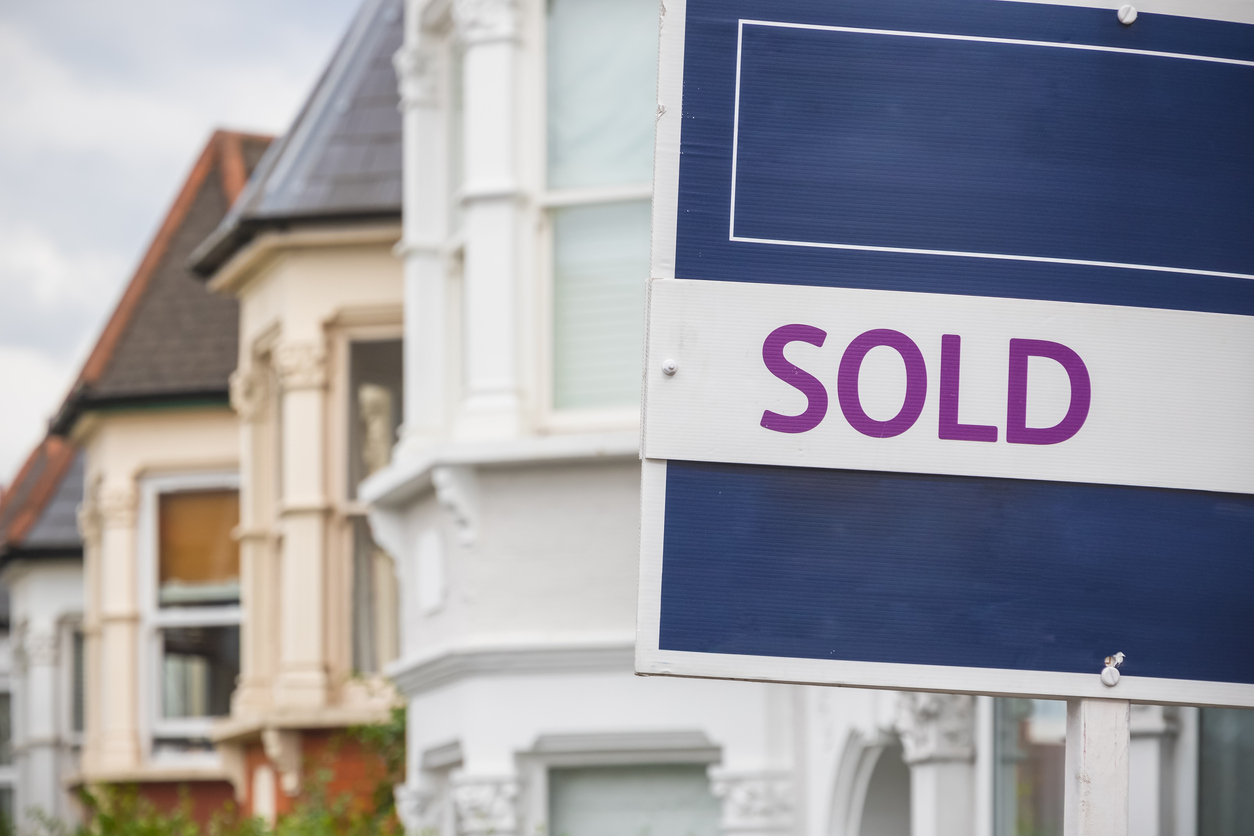



For many prospective homebuyers, saving up for a deposit is one of the biggest barriers to entering the housing market. Traditionally, lenders require a deposit of around 5% to 20% of a property’s value, making it difficult for people to save while paying rent or dealing with other financial obligations. However, there are options available for those looking to buy a house with little or no deposit. This guide will explore the different schemes, mortgage options, and alternative strategies that can help you buy a home without a large upfront payment.
While it can be challenging to buy a house with no deposit, it’s not impossible. Several government schemes, innovative mortgage products, and family-assisted options are available to help first-time buyers and those with limited savings. However, it’s important to understand the requirements and potential risks involved with these options.
Here are the most common ways to purchase a home with little or no deposit in the UK:
Guarantor Mortgages A guarantor mortgage is one of the most viable options for buying a house without a deposit. With this type of mortgage, a family member or close friend agrees to act as a guarantor, offering their own property or savings as security. This reduces the lender’s risk and allows them to offer a 100% mortgage (meaning no deposit is needed).
Key benefits:
Things to consider:
Government Schemes The UK government provides several schemes designed to help first-time buyers get on the property ladder, even with limited deposits. These schemes often reduce the amount you need to save upfront:
Help to Buy Equity Loan: This scheme, available for new-build properties, allows buyers to borrow up to 20% (40% in London) of the property’s value from the government. You only need to put down a 5% deposit, and the loan is interest-free for the first five years. While this scheme technically still requires a small deposit, it significantly lowers the amount needed upfront.
Shared Ownership: Shared ownership allows you to buy a percentage of a property (between 25% and 75%) and pay rent on the remaining share. This reduces the size of the mortgage and the deposit required. In some cases, shared ownership schemes allow you to buy a property with as little as a 5% deposit on the share you are purchasing.
100% Mortgages (No Deposit Mortgages) While rare, there are some mortgage products that do not require any deposit, often referred to as 100% mortgages. These types of mortgages were common before the 2008 financial crisis, but are now less widely available due to stricter lending criteria. However, some building societies and specialist lenders still offer them, typically with conditions such as higher interest rates or guarantor requirements.
Key benefits:
Things to consider:
Family Offset Mortgages A family offset mortgage allows you to use a family member’s savings as a deposit without them handing over the money. The savings are placed into a linked account, which is used to offset the mortgage, reducing the amount of interest you pay. This approach allows you to secure a mortgage with little or no deposit while keeping your family member’s savings intact.
Key benefits:
Things to consider:
Joint Ownership with Family Another option is to buy a property with a family member or friend. By pooling your resources, you can collectively provide a deposit and share the mortgage repayments. This is a common option for young people entering the property market, particularly in high-cost areas like London, where saving a large deposit individually may be out of reach.
Key benefits:
Things to consider:
Right to Buy If you are a council tenant or housing association tenant, you may be eligible for the Right to Buy scheme, which allows you to purchase your rental home at a significant discount. In some cases, the discount can cover the full deposit, meaning you won’t need to save one yourself.
Key benefits:
Things to consider:
While buying a house with no deposit might seem like an attractive option, it comes with certain risks:
Negative Equity: If property prices fall, you may owe more on your mortgage than the property is worth. This is more likely to happen if you borrow 100% of the property’s value, leaving you vulnerable to market fluctuations.
Higher Interest Rates: Lenders often charge higher interest rates for mortgages with no deposit to offset the increased risk. This can result in higher monthly repayments and overall borrowing costs.
Affordability Criteria: Lenders will scrutinize your finances more closely when you don’t have a deposit. They will assess your income, credit history, and spending habits to ensure you can afford the mortgage.
Navigating the world of no-deposit mortgages and alternative homebuying schemes can be complex. That’s where Fraser Bond comes in. Our expert team is here to help you explore all available options and find a solution that fits your financial situation. Here’s how we can assist:
Tailored Mortgage Advice: We provide personalized advice based on your unique circumstances, helping you understand the best no-deposit mortgage options and government schemes available to you.
Exclusive Access to Properties: Fraser Bond can connect you with exclusive listings and new-build developments where Help to Buy or shared ownership schemes are available, giving you more opportunities to buy a home without a large deposit.
End-to-End Support: From understanding eligibility for schemes to securing the right mortgage, we offer full support throughout the buying process, ensuring you make informed decisions every step of the way.
Buying a house with no deposit may seem challenging, but with the right advice and support, it’s possible to get on the property ladder. Whether through guarantor mortgages, government schemes, or family assistance, Fraser Bond can help you explore all the options and find the perfect solution for your homebuying journey.
For more information or to discuss your options, contact Fraser Bond today.